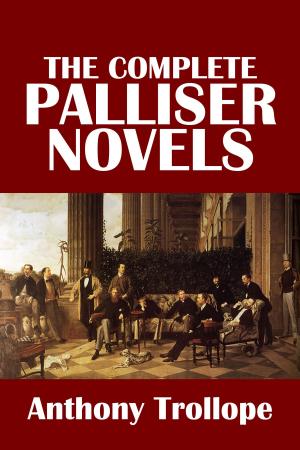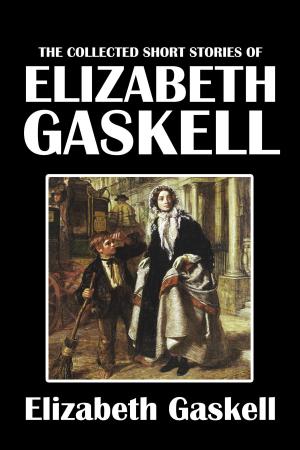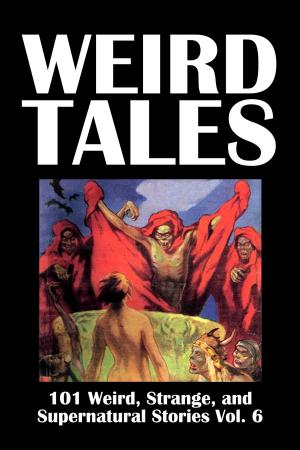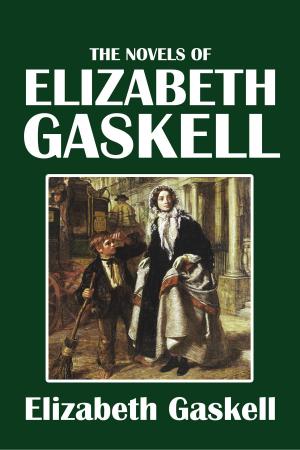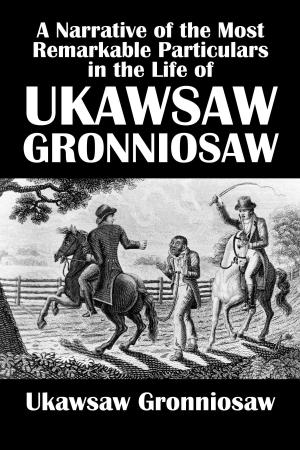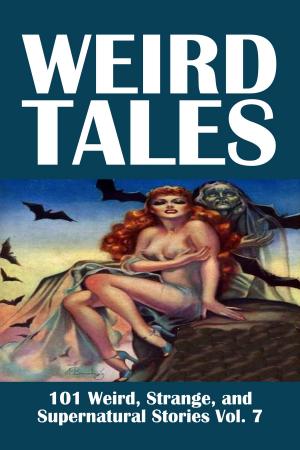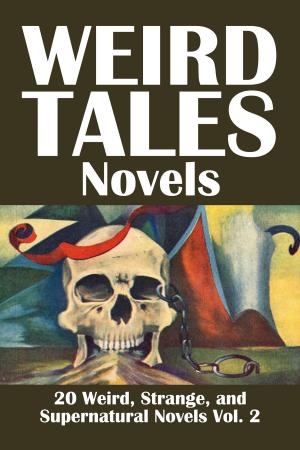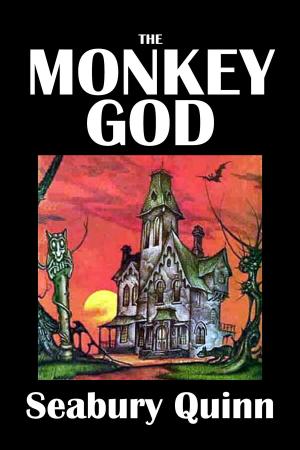The Masterworks of Western Philosophy
Nonfiction, Religion & Spirituality, Philosophy, Good & Evil, History, Criticism, & Surveys| Author: | Various | ISBN: | 1230000125426 |
| Publisher: | Civitas Media, LLC | Publication: | April 18, 2013 |
| Imprint: | Language: | English |
| Author: | Various |
| ISBN: | 1230000125426 |
| Publisher: | Civitas Media, LLC |
| Publication: | April 18, 2013 |
| Imprint: | |
| Language: | English |
These masterworks contain ideas and ideals that have shaped the West and impacted the rest of the world. The very brilliance of the Classical and Western tradition cannot be set apart from its radically innovative methodology. Veering away from all other cultures, which were subsumed in the will of the gods and bound by immemorial custom, the Classical Greek thinkers and their medieval and modern descendants dared to reason intellectually about the meaning of the universe. Nor have they stopped; twenty-five centuries later, philosophers still reflect with Socrates on the implications of thought and action and continue to probe the mysteries of creation. These masterpieces set forth the enduring principles of continuity and innovation that have transformed the world almost beyond recognition.
Plato:
• Phaedo
• The Republic
Aristotle:
• Poetics
• Ethics
Boethius:
• The Consolation of Philosophy
St. Thomas Aquinas:
• Summa Theologica, I-II
Rene Descartes:
• Discourse on the Method of Rightly conducting the Reason; Seeking Truth in the Sciences
Gottfried Leibniz:
• Essays on the Goodness of God, the Freedom of Man, and the Origins of Evil
Jean-Jacques Rousseau:
• A Discourse upon the Origins and Foundation of Inequality among Mankind
David Hume:
• An Enquiry Concerning Human Understanding
Thomas Paine:
• Common Sense
Immanuel Kant:
• The Critique of Pure Reason
• The Critique of Practical Reason
Arthur Schopenhauer:
• The Art of Controversy
John Stuart Mill:
• Utilitarianism
William James:
• The Will to Believe
These masterworks contain ideas and ideals that have shaped the West and impacted the rest of the world. The very brilliance of the Classical and Western tradition cannot be set apart from its radically innovative methodology. Veering away from all other cultures, which were subsumed in the will of the gods and bound by immemorial custom, the Classical Greek thinkers and their medieval and modern descendants dared to reason intellectually about the meaning of the universe. Nor have they stopped; twenty-five centuries later, philosophers still reflect with Socrates on the implications of thought and action and continue to probe the mysteries of creation. These masterpieces set forth the enduring principles of continuity and innovation that have transformed the world almost beyond recognition.
Plato:
• Phaedo
• The Republic
Aristotle:
• Poetics
• Ethics
Boethius:
• The Consolation of Philosophy
St. Thomas Aquinas:
• Summa Theologica, I-II
Rene Descartes:
• Discourse on the Method of Rightly conducting the Reason; Seeking Truth in the Sciences
Gottfried Leibniz:
• Essays on the Goodness of God, the Freedom of Man, and the Origins of Evil
Jean-Jacques Rousseau:
• A Discourse upon the Origins and Foundation of Inequality among Mankind
David Hume:
• An Enquiry Concerning Human Understanding
Thomas Paine:
• Common Sense
Immanuel Kant:
• The Critique of Pure Reason
• The Critique of Practical Reason
Arthur Schopenhauer:
• The Art of Controversy
John Stuart Mill:
• Utilitarianism
William James:
• The Will to Believe
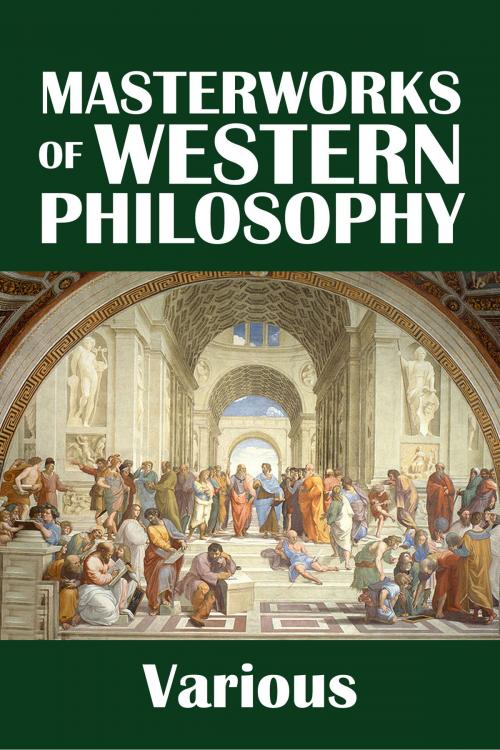
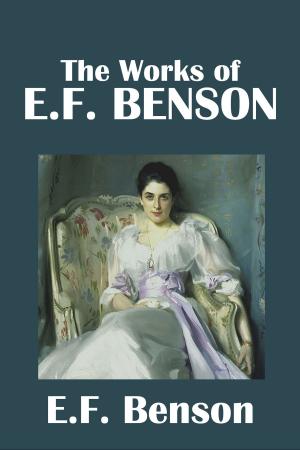

![Cover of the book Palos of the Dog Star Pack [Jason Croft Sword and Planet Series #1] by Various](https://www.kuoky.com/images/2013/september/300x300/1230000184882-Zyj4_300x.jpg)
